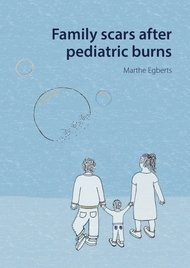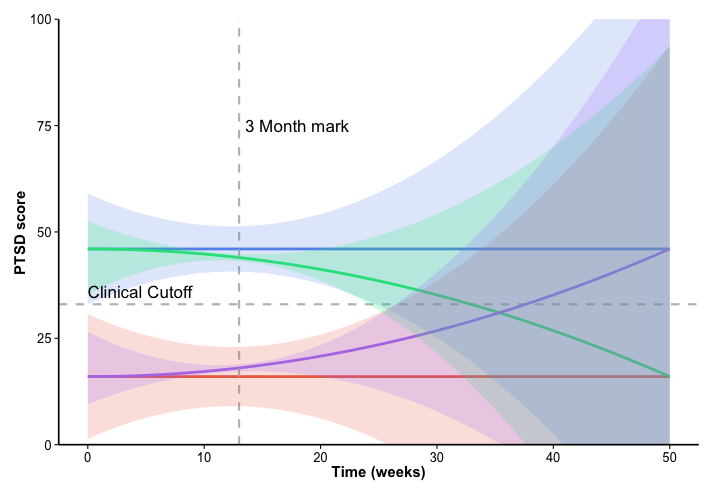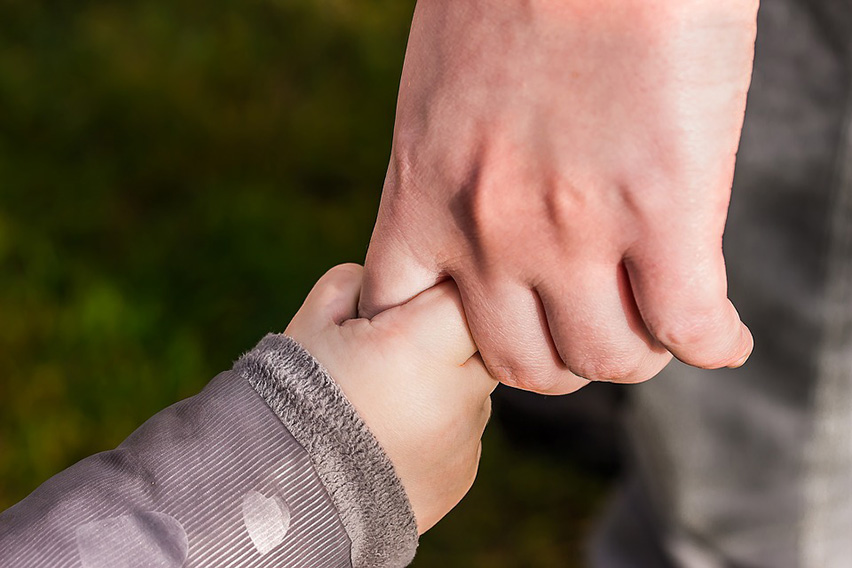Mothers’ emotions after pediatric burn injury: Longitudinal associations with posttraumatic stress and depressive symptoms 18 months postburn
This study suggests that mothers’ acute self-conscious and long-term basic emotions in relation to their child’s burn injury are involved in the development of posttraumatic stress and depressive symptoms.
Family scars after pediatric burns
In this dissertation, we focused on two alternative approaches to evaluate the hypothesis of interest more directly, i.e. informative hypothesis testing and model selection using order-restricted information criteria.
Mother, father and child traumatic stress reactions after paediatric burn
The current study examined occurrence and within-family associations of traumatic stress reactions after child burn injury, while in the same model addressing the role of parents’ own symptoms in their reports of child symptoms.
Parents’ posttraumatic stress after burns in their school-aged child: A prospective study
Objective: This prospective study examined the course and potential predictors of parents’ posttraumatic stress symptoms (PTSS) after burn injury in their child (Age 8 to 18 years). Method: One hundred eleven mothers and 91 fathers, representing 118 children, participated in the study.
Longitudinal Modeling
Typical for developmental psychology are models that capture change over time, such as latent growth (mixture) models and to a lesser extent cross-lagged panel models too. Such models have typically been applied aiming to capture change over time in individuals.
Child and adolescent internalizing and externalizing problems 12 months postburn: the potential role of preburn functioning, parental posttraumatic stress, and informant bias
Adjustment after pediatric burn injury may be a challenge for children as well as their parents. This prospective study examined associations of internalizing and externalizing problems in children and adolescents 12 months postburn with preburn functioning, and parental acute and chronic posttraumatic stress symptoms (PTSS) from different perspectives.







